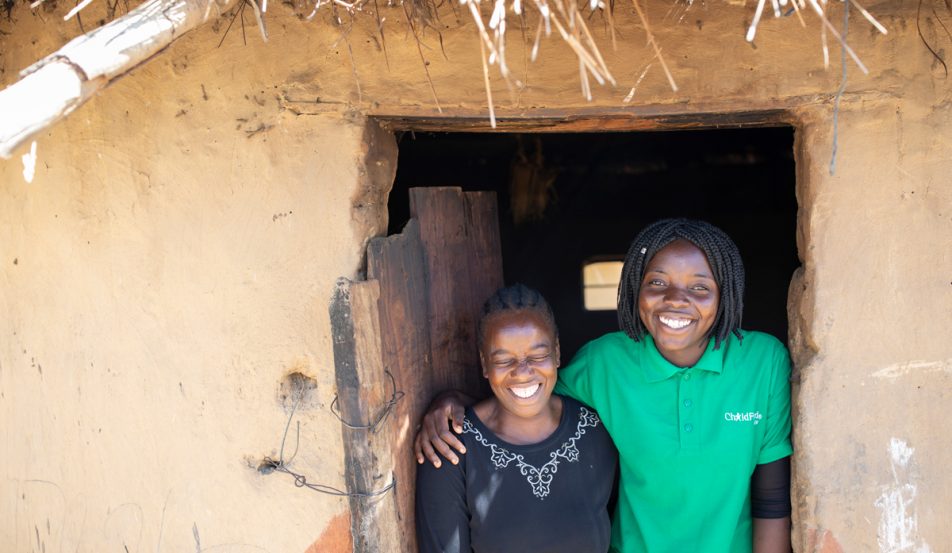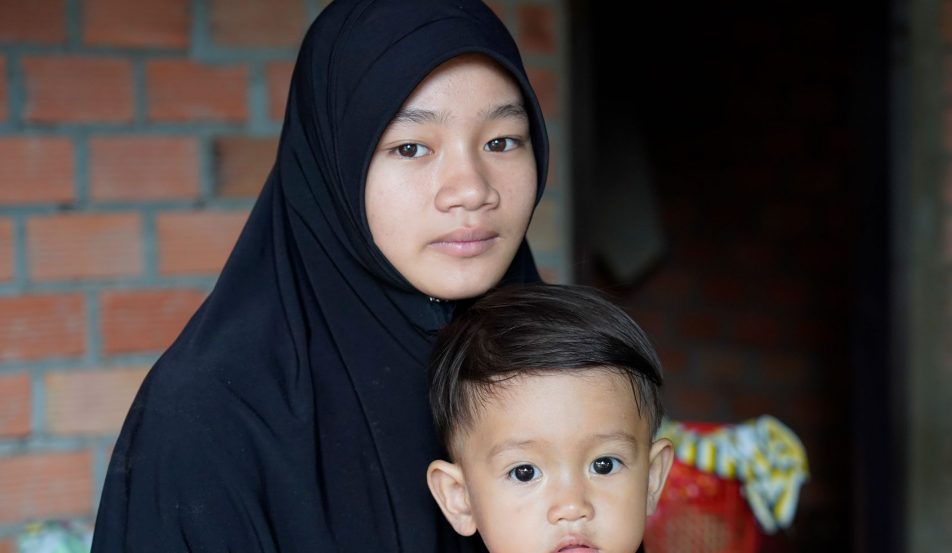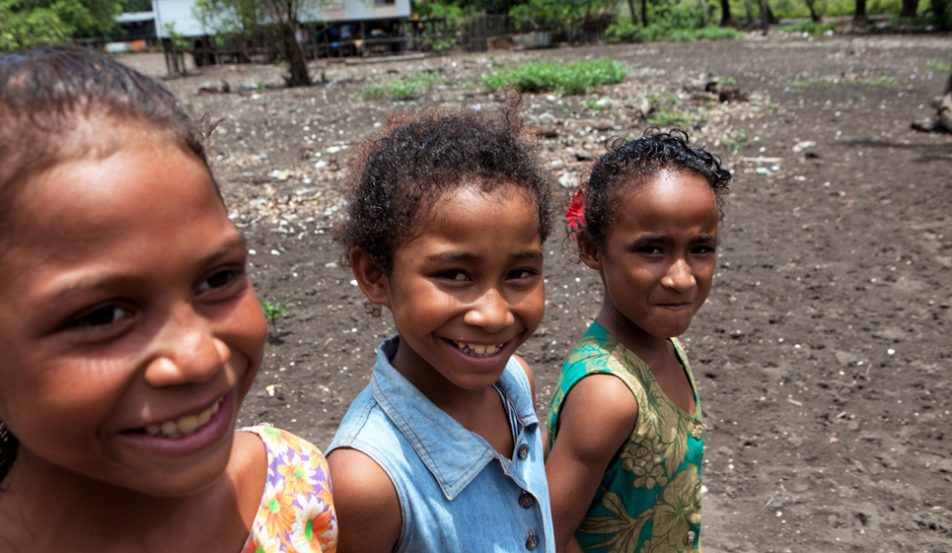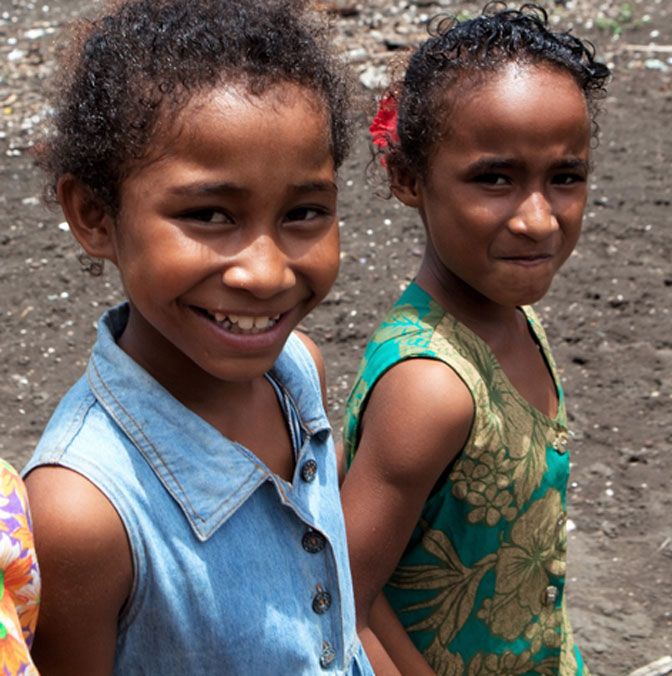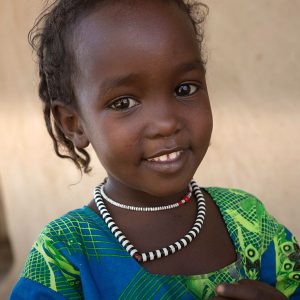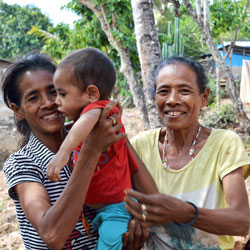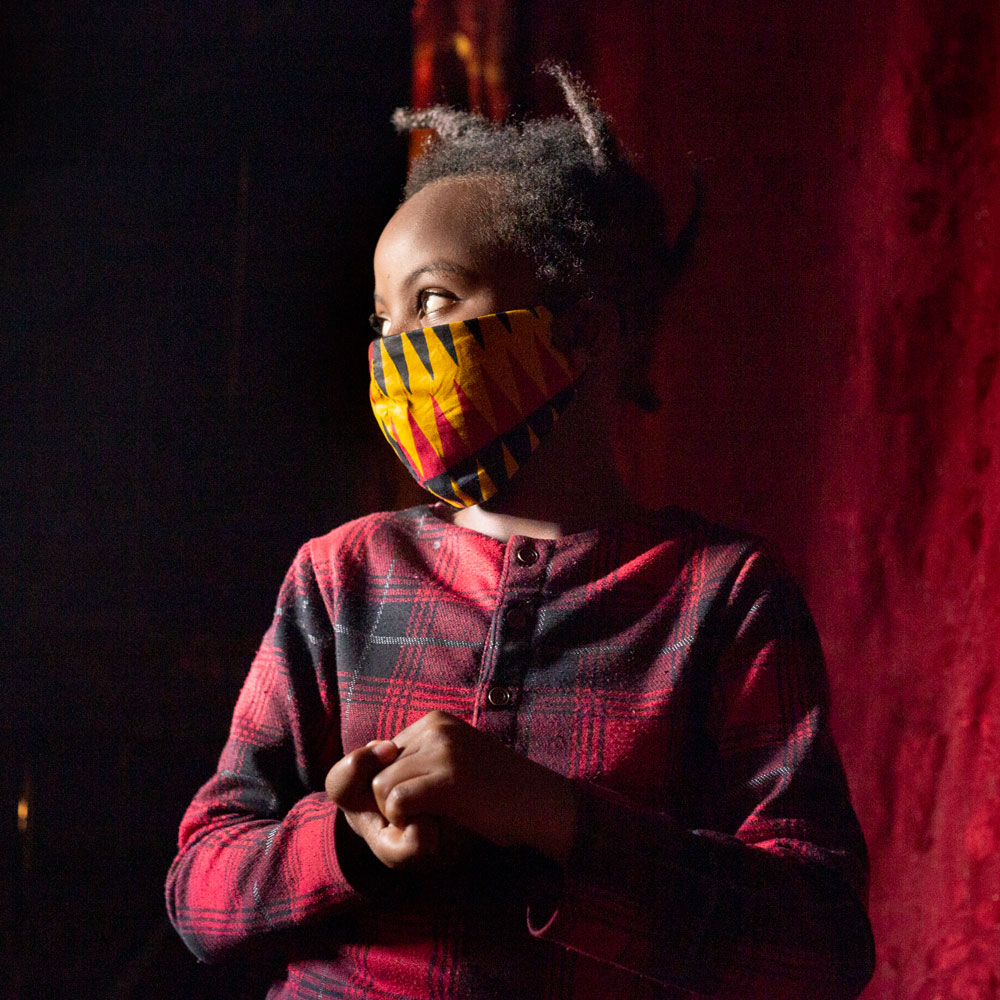What International Day of the Girl means to me
On hearing of the death of Ruth Bader Ginsburg, millions of women across the world took to social media to express their awe and gratitude for her life-long contribution to justice. Shortly after and closer to home, we acutely felt the loss of former ALP Senator and later Human Rights Commissioner, Susan Ryan.
These two women were both pioneers and highly respected across the political spectrum for expanding the protections of women and girls.
On reflection, it is not surprising that I felt so unsettled by the losses of these exceptional women.
We lost living treasures in a time of global crisis and uncertainty. Justice Bader Ginsburg and Susan Ryan respectively had voices that rang loud and clear in public life over many decades. They both dedicated their lives to the principle of public service and to the public good. Both women leave us with remarkable legacies. Specifically, a legacy of character and persistence.
Look back to the commitments from 189 world leaders to the Beijing Declaration and Platform for Action. Progress for women and girls had been measurable, but painfully slow and hard won. In the international aid and development sector we have witnessed some significant leaps forward during this period. Today, there are more girls in school than in any other time in history. This tremendous gain has known dividends. The more access women have to education, the more likely they are to send their children to school over longer periods. This trend continues across generations. Educating girls is the closet thing we have to a silver bullet.
The onset of COVID-19 has thrown many of our development gains up in the air. We are at risk of losing the important progress made for girls.
The arrival of a global health crisis is now is laying bare the existing inequalities in our society. It is all too evident that the worst impacts of the COVID-19 pandemic will weigh more heavily on girls and women.
In Papua New Guinea, violence against girls and women remains endemic. It is estimated that over two-thirds of women in the country will suffer domestic or intimate-partner violence during their lifetime. This extends to sexual and physical violence against children, with girls especially vulnerable.
Behaviour change at all levels of society is vital, and ChildFund is committed to implementing programs and services which address the causes of violence; build the capacity of the health and justice systems, and strengthen the services available to survivors.
In Timor-Leste, motherhood is still one of the greatest dangers to a woman’s life. A lack of health infrastructure, resources and information is contributing to what is one of the high maternal mortality rates in the region. Mothers are dying from complications during pregnancy, at childbirth, or soon after childbirth, and so are their newborns.
With the support of the Australian Government, ChildFund Timor-Leste is helping to strengthen health systems by upskilling and training doctors, nurses and midwives on child and maternal health, and encouraging mothers to deliver their babies in health clinics rather than at home. In remote areas, ChildFund has trained community health volunteers to advise, support, and care for pregnant women and their babies before and after childbirth
Another key indicator of gender equality is the ability of women to participate in political processes, from local government through to national bodies. Again, this is an area where any advances are painstaking. In 2020, only 1 in 4 parliamentarians are female.
Of even greater concern is the fact that in some nations, women are losing the small amount of representation they have. Australia is a case in point. According to the World Economic Forum’s Global Gender Gap Report 2020, Australia is now ranked at 57 out of 152 countries in terms of political empowerment for women. In 2018, Australia held the 49th position.
Rising unemployment threatens to force more girls out of school and into unskilled work to supplement family incomes. This can lock them, and their children to come, into a lifetime of poorly paid and exploitative work.
Early marriage is another risk, with dowries offering families a financial life raft during a time of economic hardship. Job losses and uncertainty within households is also spurring an increase in family violence, which has a profound impact on the girls and young women who either witness or personally experience abuse.
At ChildFund, we know that promoting gender equality not only benefits women and girls but entire communities. It has profound and widespread implications for economic and social development around the world.
If we are to fulfil Sustainable Development Goal 5 – achieve gender equality and empower all women and girls – then we must continue to invest in initiatives that support and promote girls’ equal participation in our societies from an early age.
We must ensure that our leaders, in Australia and around the globe, continue to ringfence overseas development assistance for initiatives that build, strengthen and maximise the contribution that girls and women can make in public life, workplaces, communities, and at home.
As we mark International Day of the Girl, ChildFund remains committed to highlighting and addressing the obstacles facing young women, to building supportive environments around them, and giving them the skills, knowledge, and tools to drive change.
I believe every girl should have the right to learn, to contribute, and to meaningfully participate throughout childhood, adolescence, and into the future. Because gender rights are human rights.



